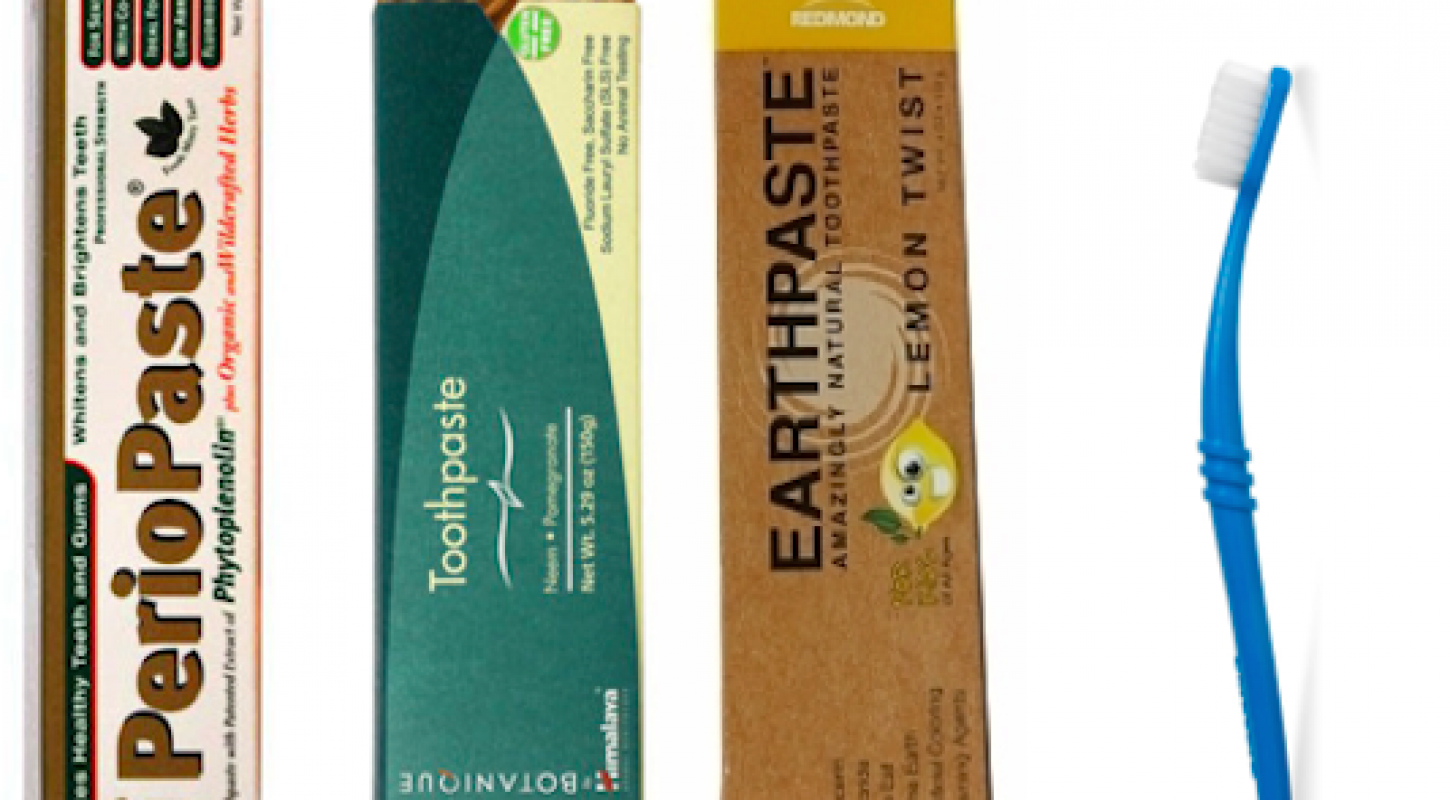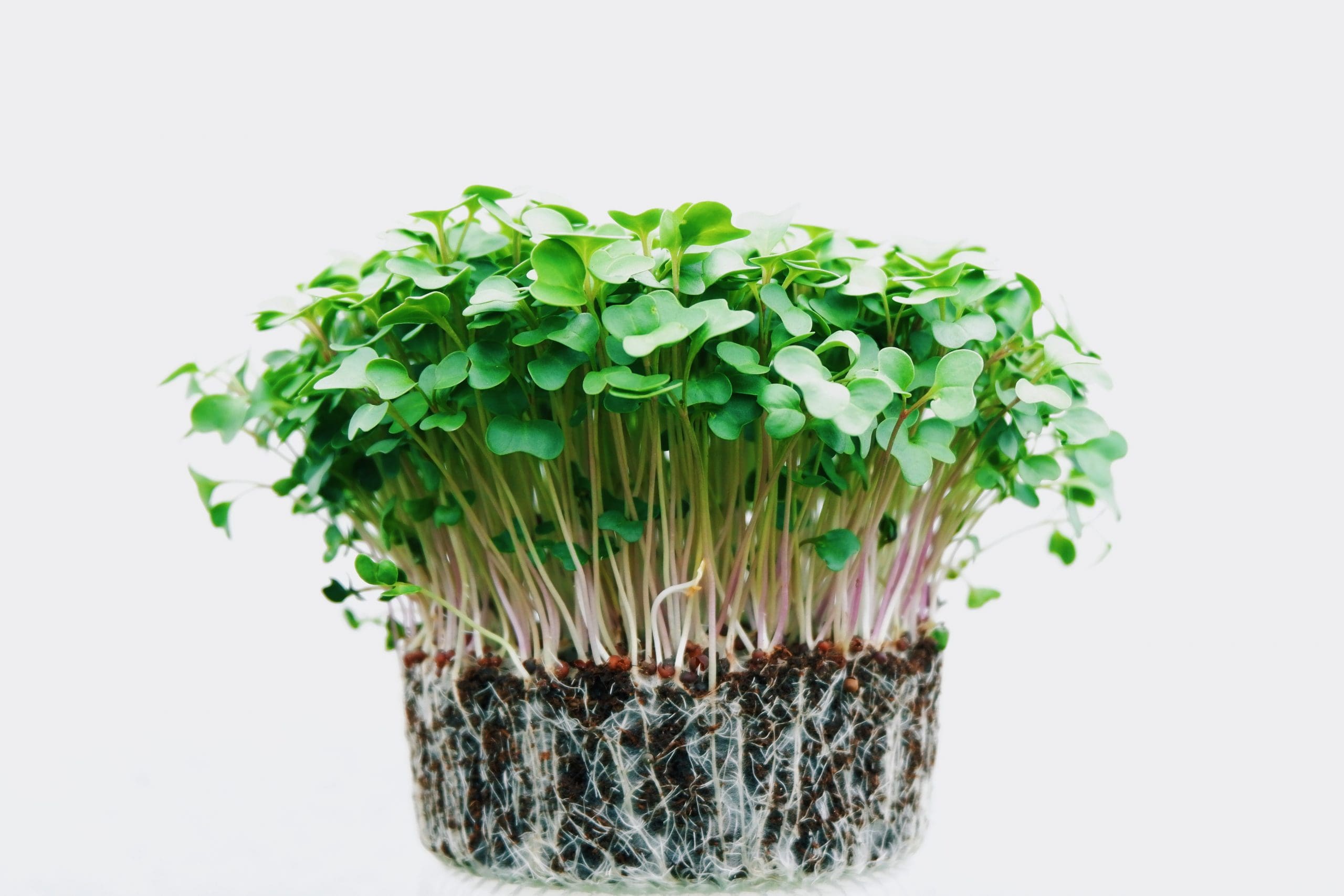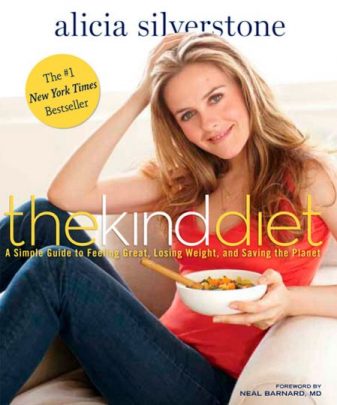My most recent mission has been to find a better, cleaner toothpaste. Up until now, I’ve been using Tom’s Clean Mint and Jason’s Peppermint Powersmile, since they offer fluoride-free versions (you can read more about why fluoride isn’t so great in my my Facts About Flouride post). But after doing a little research about the other ingredients in these products, I realized that there’s another surprising additive that could actually be bad to your health. It’s called carrageenan or at times poligeenan (the more processed harmful version), and it’s extracted from edible seaweeds. It’s used a lot in the food industry since it has gelling, thickening, and stabilizing properties. In theory, it sounds pretty great—it’s plant-based and from seaweed no less! But it turns out that like many other “natural” or even healthy-sounding ingredients, once it’s processed in a lab, it loses its beneficial properties and can even become damaging.
Carrageenan is found everywhere, from packaged nut milks to, yes, toothpaste. You might be thinking, I don’t eat any toothpaste when I brush my teeth so what’s the big deal? Well, your skin is an organ, and one of the most absorbent ones at that, which includes the skin in your mouth. Plus, I generally think it’s a good idea to avoid any processed additives that could potentially lead to health issues—especially when there’s so many better options out there.
Some healthier toothpastes I’ve been checking out are PerioPaste and Himalaya Neem & Pomegranate, and so far Himalaya is my favorite. Though I like to err on the side of caution and avoid carrageenan all together, Himalaya does contain it (thanks to all you kind lifers for acknowledging this!) Fortunately, Himalaya uses a native, minimally processed type of carrageenan and are in the midst of looking for suitable replacement thickeners (in hopes of doing away with the ‘red flag’ word in their ingredients).
Earthpaste is another one I plan to try. I also got some of Jack N’ Jill’s Natural Calendula Toothpaste for Bear. By the time I get to brush to his little teeth he usually snatches the toothbrush out of my hand and eats the toothpaste- fun and cute for him but not so effective! If you were feeling adventurous, you could whip up a batch of your own using equal parts coconut oil and baking soda with some yummy essential oils (like eucalyptus, peppermint, or grapefruit).
Have any of you tried Earthpaste? Do you like it? What other healthy toothpastes are you into? Has anyone tried making their own?
Photo Credit: Earthpaste, Himalaya, Periopaste, and Preserve




